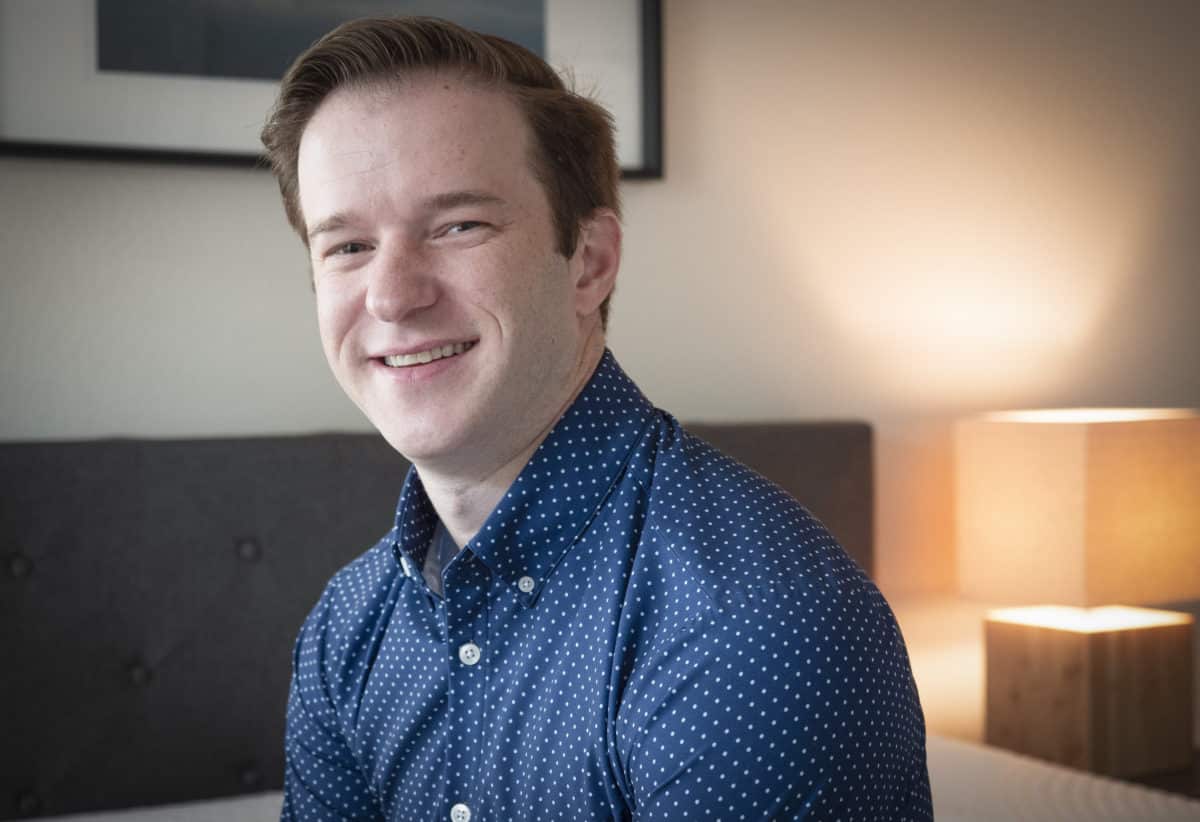New research suggests a link between being a “night owl” and a higher mortality rate. What does this actually mean—and is it something to panic about? Here’s what everyone should know.
Researchers from Northwestern University and the University of Surrey surveyed 433,268 adults aged 38 to 73 for a study published in the academic journal Chronobiology International. They asked each participant whether they considered themselves a night owl or a morning person and whether they were “moderate” or “definite” in either category.
Here’s how the participants self-identified:
- 27% said they were definite morning types
- 35% were moderate morning types
- 28% were moderate evening types
- 9% were definite evening types
The researchers then followed up with participants over a mean time of 6.5 years, during which time 10,534 of the participants passed away. Apparently, being a definite evening person was “significantly associated with an increased risk of all-cause mortality over 6.5 years” by about 10%. Translation: Night owls were about 10% more likely to die during this period than morning people.
[Editor’s Note: The content provided on this site is for general informational purposes only. Any information provided is not a substitute for professional medical advice. We encourage people to consult with the appropriate health expert if they have concerns.]
RELATED: Why Are Some People “Morning People” and Some Are “Night Owls”?
Possible Explanations
Researchers are still working to determine why being a night owl was correlated with a higher risk of mortality, but they have a few theories so far.
“It could be that people who are up late have an internal biological clock that doesn’t match their external environment,” researcher Kristen Knutson said in a press release. “It could be psychological stress, eating at the wrong time for their body, not exercising enough, not sleeping enough, being awake at night by yourself, maybe drug or alcohol use. There are a whole variety of unhealthy behaviors related to being up late in the dark by yourself.”
This research is pretty thorough, but there’s no need for immediate panic. Firstly, it’s important to note that the participants self-reported how much sleep they got based on their best estimate. Their sleep wasn’t measured in a lab setting or by using a sleep tracker. So this higher death rate isn’t associated with one specific bedtime or a specific number of hours of sleep; it’s simply linked to people who consider themselves night owls, which could be interpreted in different ways.
Additionally, the researchers found that those who considered themselves to be night owls were more likely to have diabetes, mental health issues, or neurological conditions. Self-identified night owls were also more likely to use drugs or alcohol, not get enough exercise or sleep, and suffer from stress. So it could be that additional factors played a role in night owls’ higher mortality rates.
Finally, the researchers concluded that the issue may be that night owls are forced to live by early bird schedules because of standard business hours.
“If we can recognize these chronotypes are, in part, genetically determined and not just a character flaw, jobs and work hours could have more flexibility for owls,” Knutson said. “They shouldn’t be forced to get up for an 8 a.m. shift. Make work shifts match peoples’ chronotypes. Some people may be better suited to night shifts.” Knutson suggests this is a potential strategy for mitigating the higher death rate observed in night owls.
No matter one’s sleep timing preferences, it’s important to practice good sleep hygiene, take care of one’s health, and seek help if and when it’s needed.
[Editor’s Note: The content provided on this site is for general informational purposes only. Any information provided is not a substitute for professional medical advice. We encourage people to consult with the appropriate health expert if they have concerns.]
Featured image: Martin Michael Rudlof/Shutterstock


